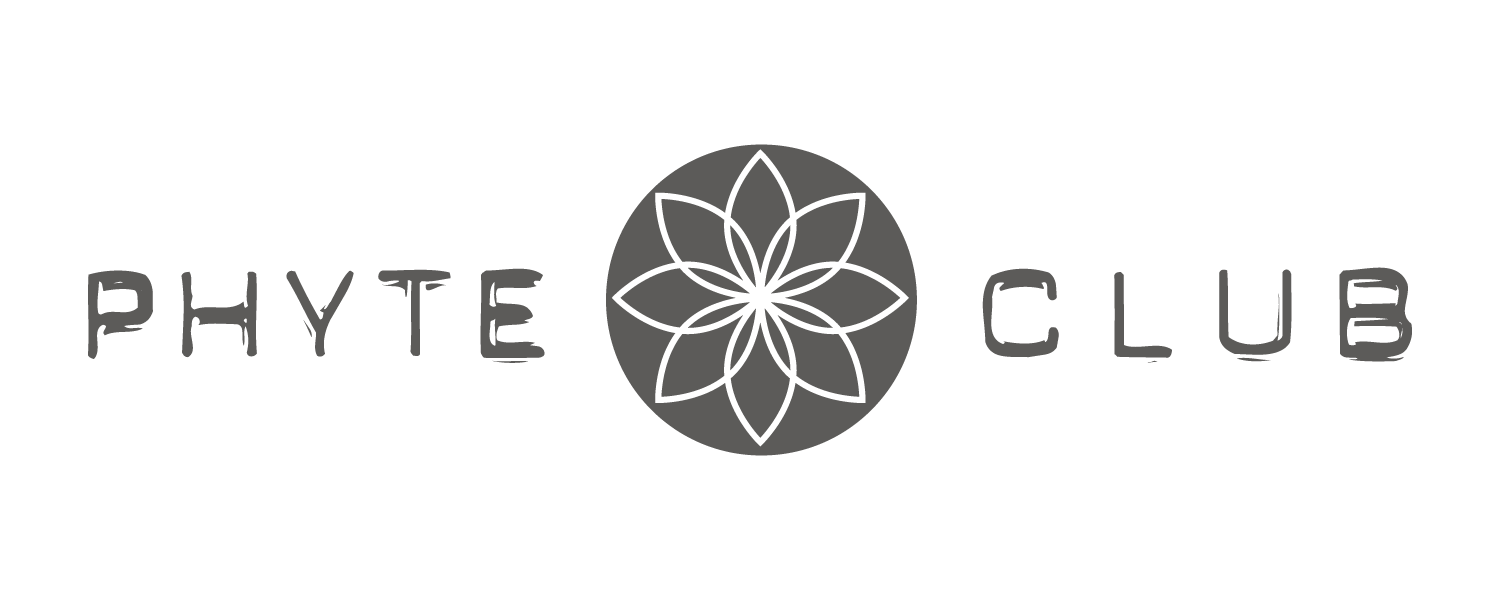Cruelty-free Cosmetics
/In the buzzy digital afterglow of National Puppy Day, it's time to consider what we can do for animals in our daily choices. Specifically skincare and makeup. Animal testing of cosmetics - specifically rabbits, mice and guinea pigs is an industry norm in the quest to establish the safety of chemicals before they are used on humans. This is not necessary to a large extent for clean beauty products that use very few ingredients and those that have an established track record for safety. But in cosmetics with long ingredient lists - testing animals can involve giving them excessive doses in sensitive areas to understand toxicity. This can result in the blinding, poisoning or crippling of innocent animals because of allergic reactions to the chemicals in these cosmetics.
Ethical reasons apart, you have to consider the relative safety of products that need animal testing to be approved to be safe for the skin - it is adverse selection in the most vivid sense as any of these extreme tests on laboratory animals indicates that these products are expected to be toxic at high doses even before they have been formulated. Since dosage is extremely tricky to evaluate in consumer products and the adverse events can only occur years into the future - talc anyone? So going Cruelty-Free is not merely ethical but reflects good choices re protecting your own skin and eyes.
Now cruelty-free doesn't merely involve testing but also natural bristles in brushes and in some cases ingredients that have animal sources that involve killing or maiming animals to be produced though vegan is not always cruelty-free if the ingredients need animal testing. The gold standard of certification is PETA's Beauty Without Bunnies that offers a pink bunny with the tag line cruelty-free and vegan or simply cruelty-free since a lot of natural cosmetics use ingredients like beeswax as safe alternatives to petroleum derivatives.
The other main cruelty-free cosmetics programme is the Leaping Bunny certification which is even more stringent than PETA as it involves spot inspections of firms that make Cruelty-Free claims - however it is only restricted to US firms and it is far better to have cosmetics made close to the local sources of the ingredients to ensure freshness and purity. But the most important realisation regarding cruelty-free choices is that customer demand is not an abstract notion for businesses - if companies know that people care about animals and safe ingredients they will do their behaviour will be shaped by the zeitgeist and small changes in behaviour can set thousands of animals free of testing.

